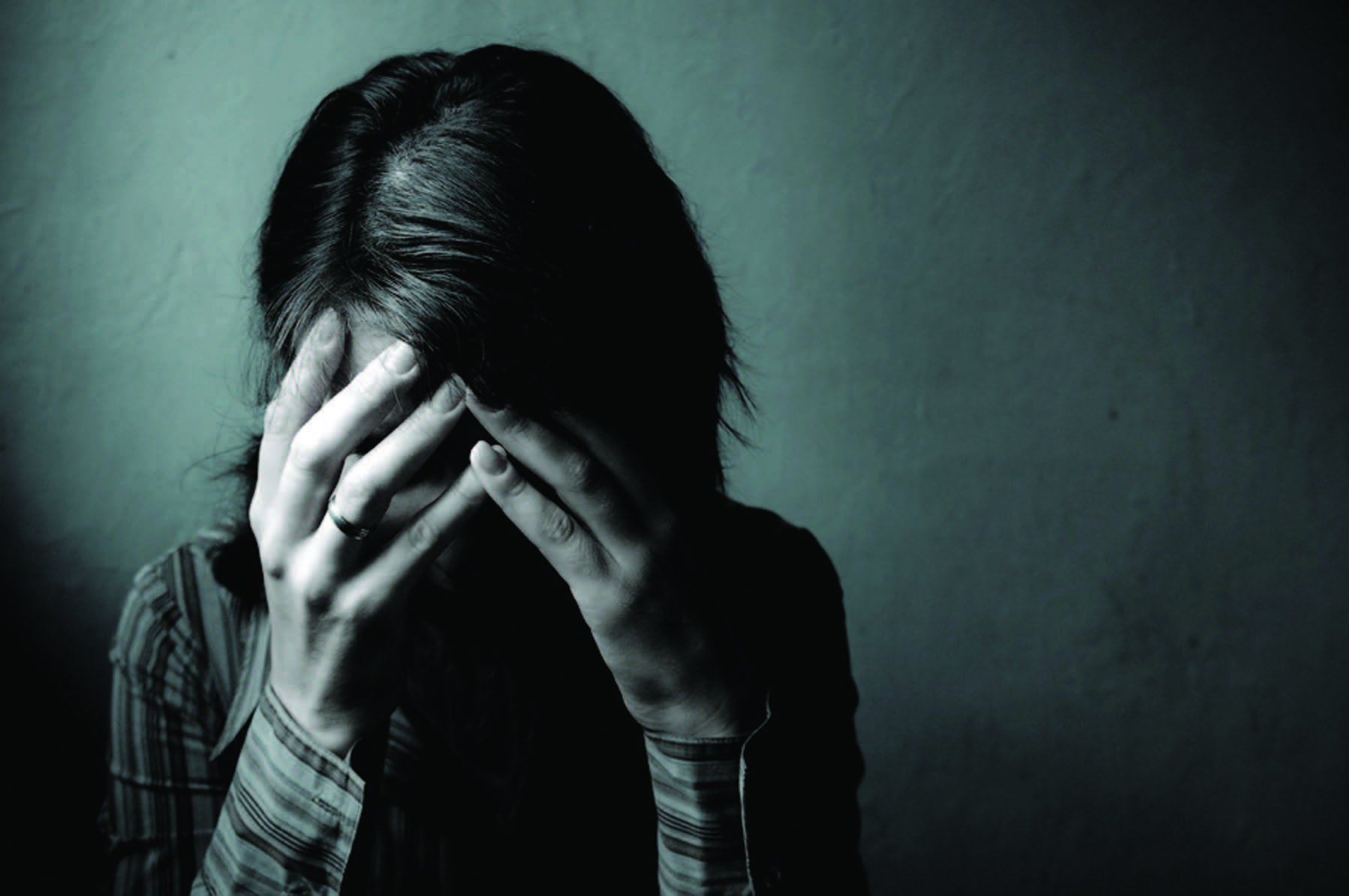
There is one thing for certain for most of the population, that is, we have all experienced some kind of trauma.
Everyone trauma is different and the degrees of trauma vary, incorporating a type of abuse such as, Physical, Emotional, Spiritual, Psychological, Sexual or Verbal.
Trauma can be classified as – a very frightening or distressing events which may result in a psychological wound or injury.
Trauma can result in difficulty in coping or functioning normally. Everyone’s reaction to potentially traumatic experiences is different. Most people recover well with the help of family and friends and do not experience long-term problems. Some people experience problems directly after the traumatic event or much later in life.
For me I remember grade 3 kids at school teasing me because I had big shoulders. (These days it would be referred to as bullying). I remember feeling very upset and different. There was nothing I could do about my shoulders. I was a swimmer and at that stage was a young swimming champion.
I was already quite shy, but this made me retreat into myself even more and I felt very lonely. Emotionally I was not equipped to deal with this, I was different, I felt that I didn’t fit in and it was traumatic. I was personally attacked; my confidence took a dive and with it, my self worth and esteem.
Then, when I was in my 30s, I was wearing a lovely dress and for the first time in my life, positive comments were made about my shoulders. People making the comments said they had been working out at the gym and wanted shoulders just like mine. “where did you get them” I was asked. “Ahh I was born that way” was my response and turned around and walked away. Not wanting to relive those traumatic bulling moments of my childhood.
This type of emotional response became my way of “dealing with things” withdrawn and feeling worthless. This is how patterns of behaviour and negative responses to certain situations begin.
That’s how trauma works, trauma is effectively a protective instinct (good or bad) that comes out to “shield” us from emotional pain. Symptoms of trauma can be described as physical, cognitive (thinking), behavioural (acting the way we do) and emotional.
- Physical symptoms can include excessive alertness (always on the look-out for signs of danger), being easily startled, fatigue/exhaustion, disturbed sleep and general aches and pains.
- Cognitive (thinking) symptoms can include intrusive thoughts and memories of the event, visual images of the event, nightmares, poor concentration and memory, disorientation and confusion.
- Behavioural symptoms can include avoidance of places or activities that are reminders of the event, social withdrawal and isolation and loss of interest in normal activities.
- Emotional symptoms can include fear, numbness and detachment, depression, guilt, anger and irritability, anxiety and panic.
Have you ever noticed an adult having a tantrum, they display emotional response just like a 4-year-old. This is because they are reliving the original trauma. Emotionally they are stuck in the original traumatising moment (we call it the initial sensitising event).
We at Change Central understand how trauma happens and with particular therapy, we can teach you how to cut these ties and understand those old emotions and leave them where they should be, back in the past and without those feelings of distress and negative emotions.

